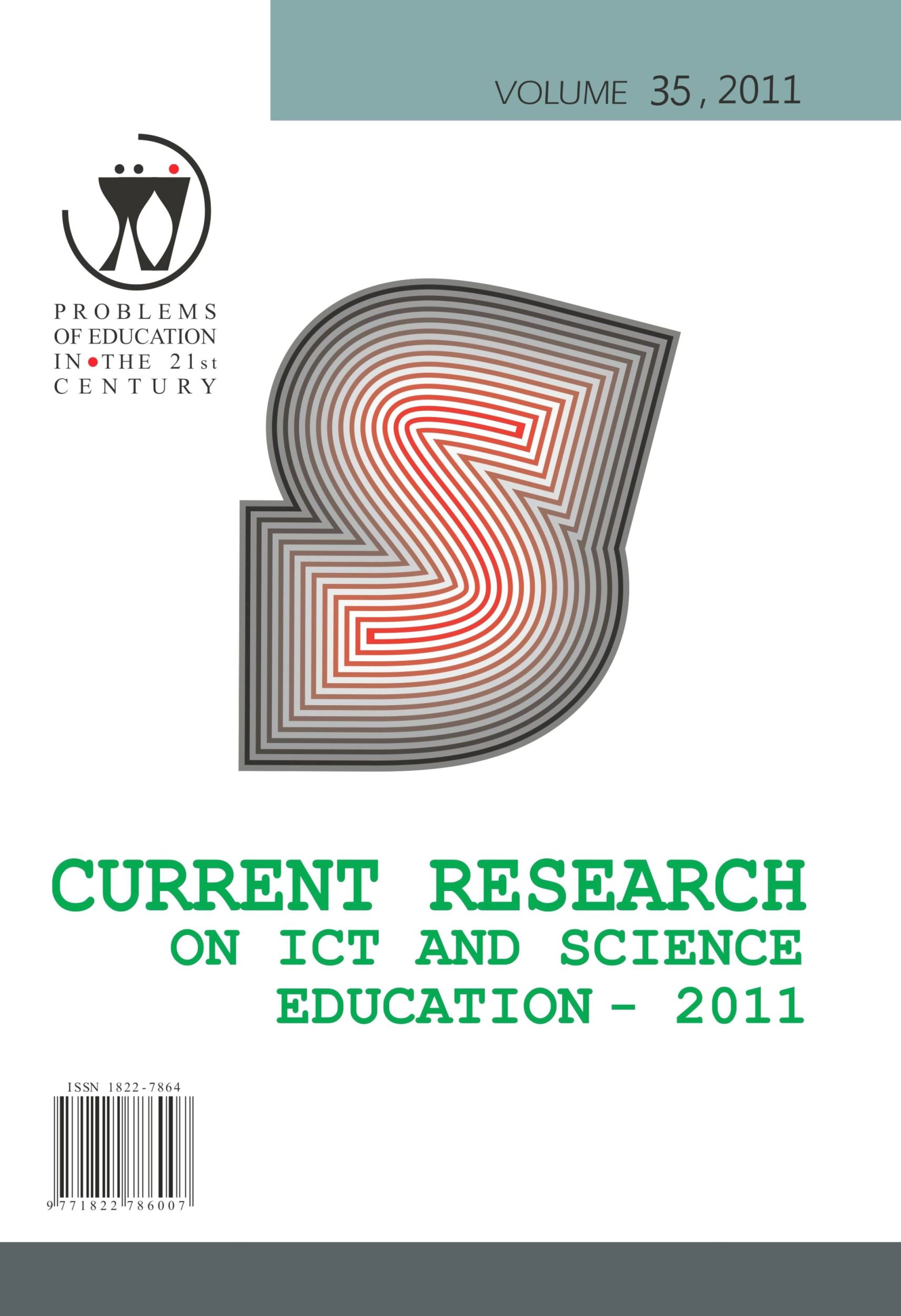SOME ASPECTS REGARDING CONTINUED TEACHER TRAINING FROM BIHOR COUNTY, ROMANIA, USING E-LEARNING
SOME ASPECTS REGARDING CONTINUED TEACHER TRAINING FROM BIHOR COUNTY, ROMANIA, USING E-LEARNING
Author(s): Valentin Cosmin BlândulSubject(s): Education, Distance learning / e-learning
Published by: Scientia Socialis, UAB
Keywords: continued training; e-learning; teachers’ attitude;
Summary/Abstract: According to the European Commission, e-learning can be defined as the use of new multimedia technologies and the Internet to improve the quality of the learning process, access to resources and services, as well as remote exchanges and collaboration. Therefore, e-learning can be understood as an innovative, interactive and student-centred approach to the educational process. Although the advantages of e-learning are obvious, in Romania the e-learning system is only in its initial stage, and the process of teachers’ continued training is almost nonexistent. This research is an important activity within the project entitled "Inter-regional network of e-learning training for teachers in pre-academic education", which aims to provide teachers with the opportunity to browse on-line courses for life-long /continued education. The objective of this study was to explore teachers' opinions on the usefulness of information technologies, as well as on the difficulties and the opportunities that arise from using these new technologies for continued training. The sample consisted of 200 teachers who teach in preschools and in primary schools in Bihor County, Romania. As research method a 14 item questionnaire was used, out of which only 4 were analysed within this research. The results of the study show that most teachers use computers for accessing and processing information, their main difficulties being related to the absence of direct and immediate feedback, while the main advantages are given by the special opportunities for personal and professional development. In such circumstances, regardless of chronological age, training teachers using e-learning is a huge challenge, since 79% of the respondents answered that they wanted to participate in such educational programs.
Journal: Problems of Education in the 21st Century
- Issue Year: 35/2011
- Issue No: 1
- Page Range: 17-24
- Page Count: 8
- Language: English

